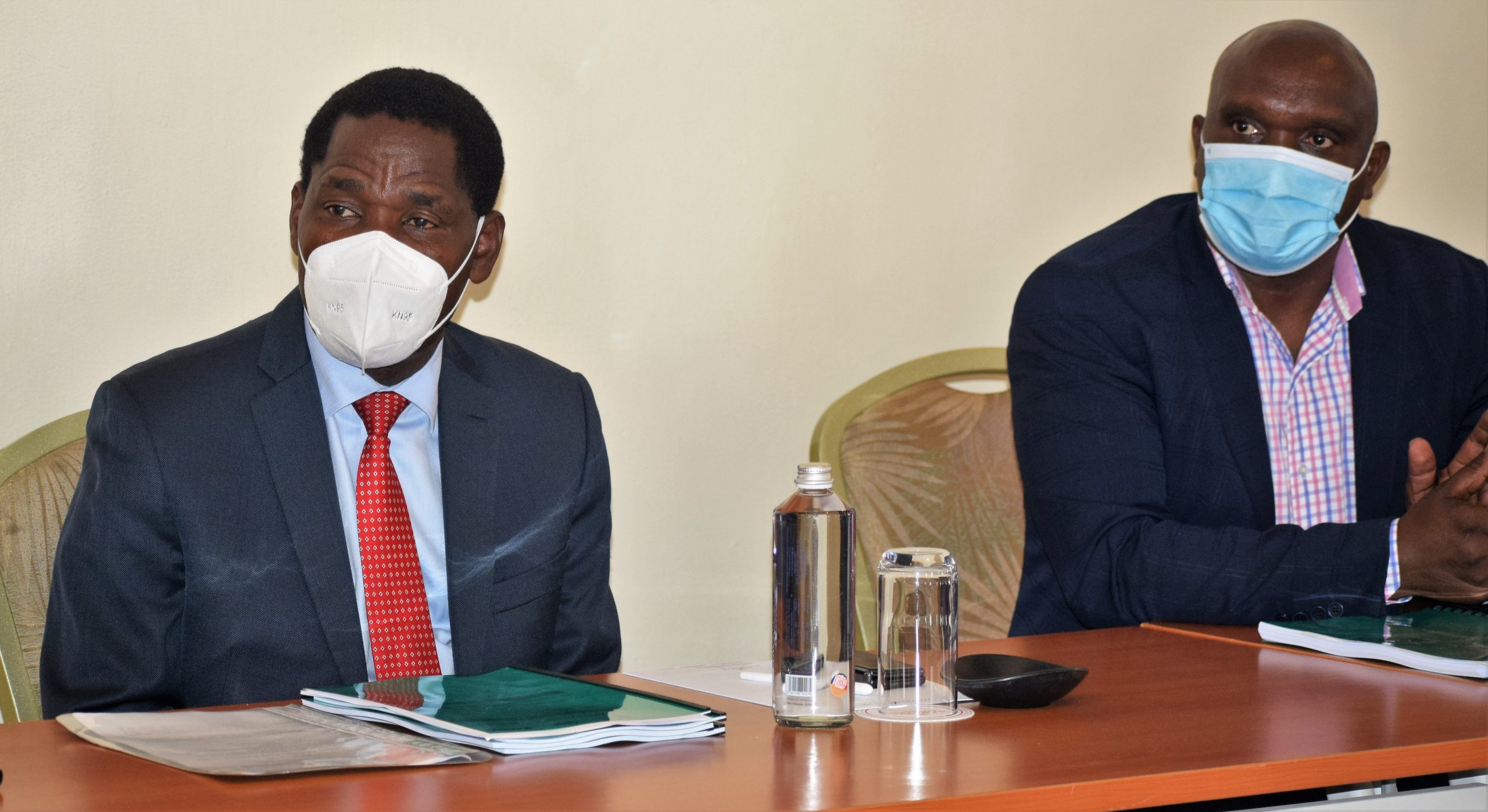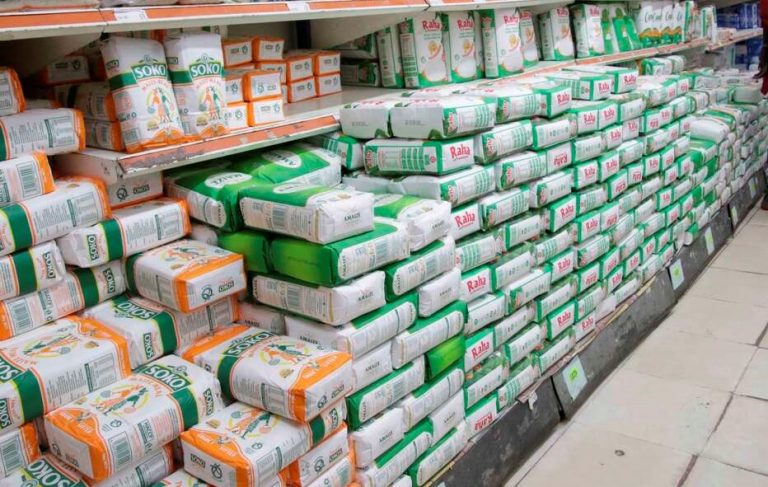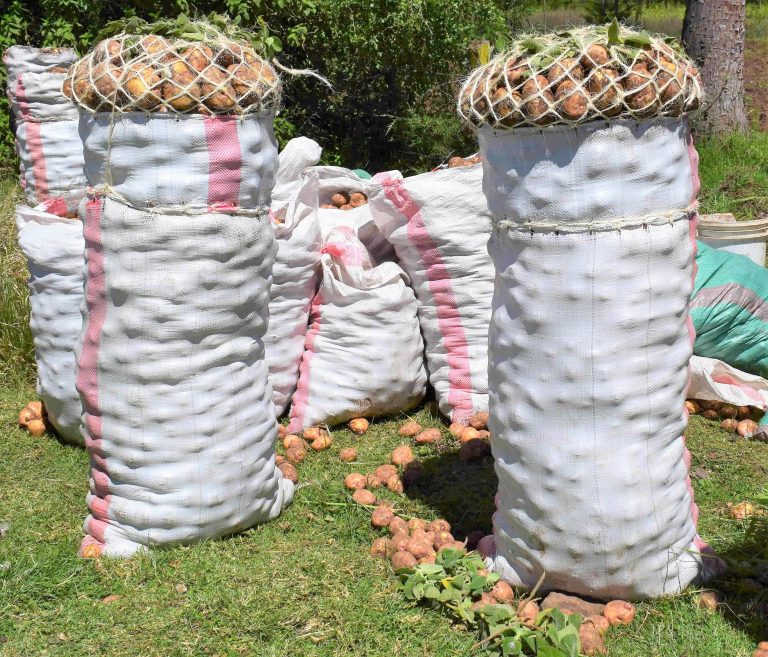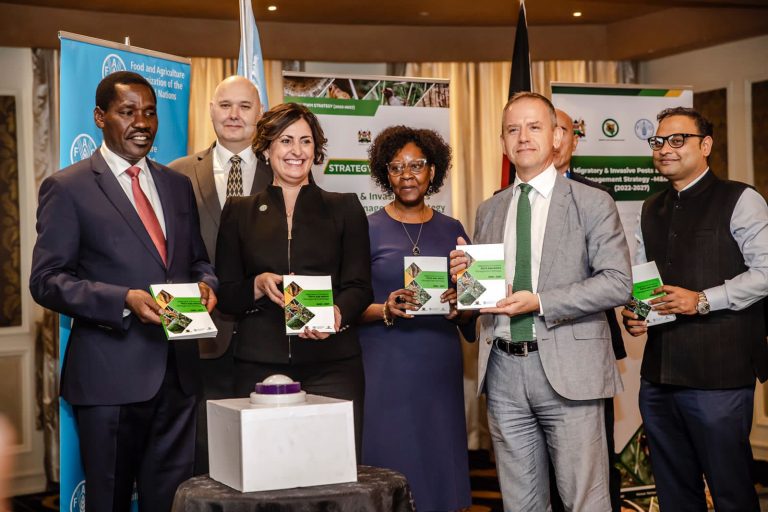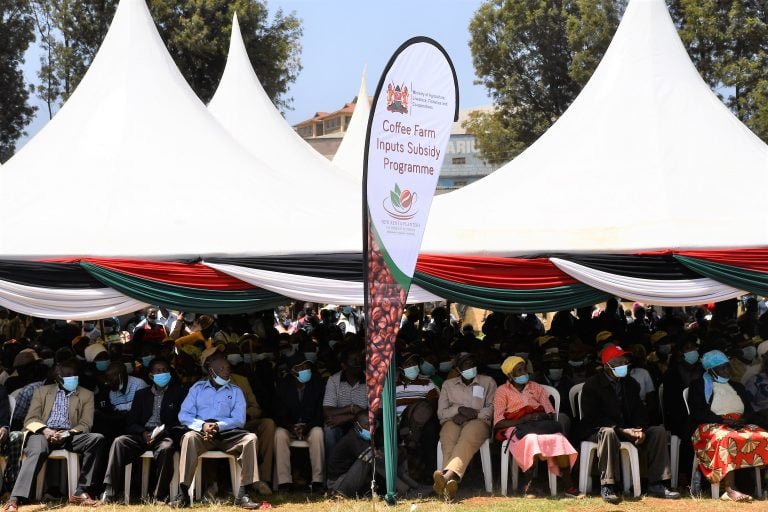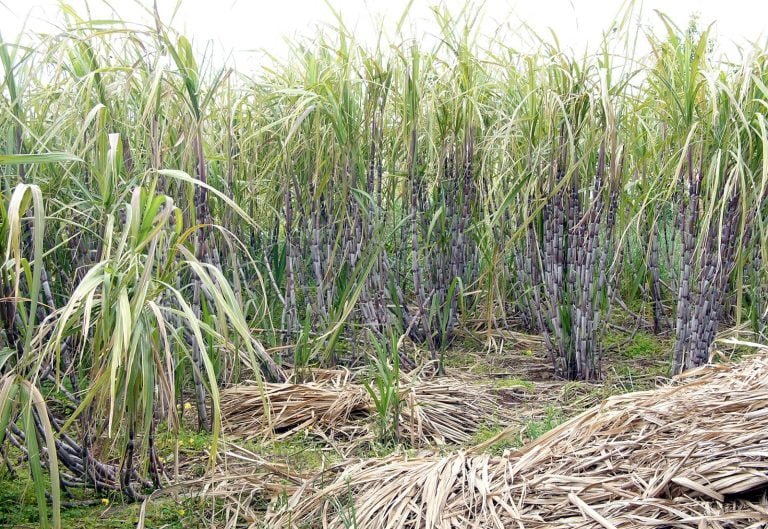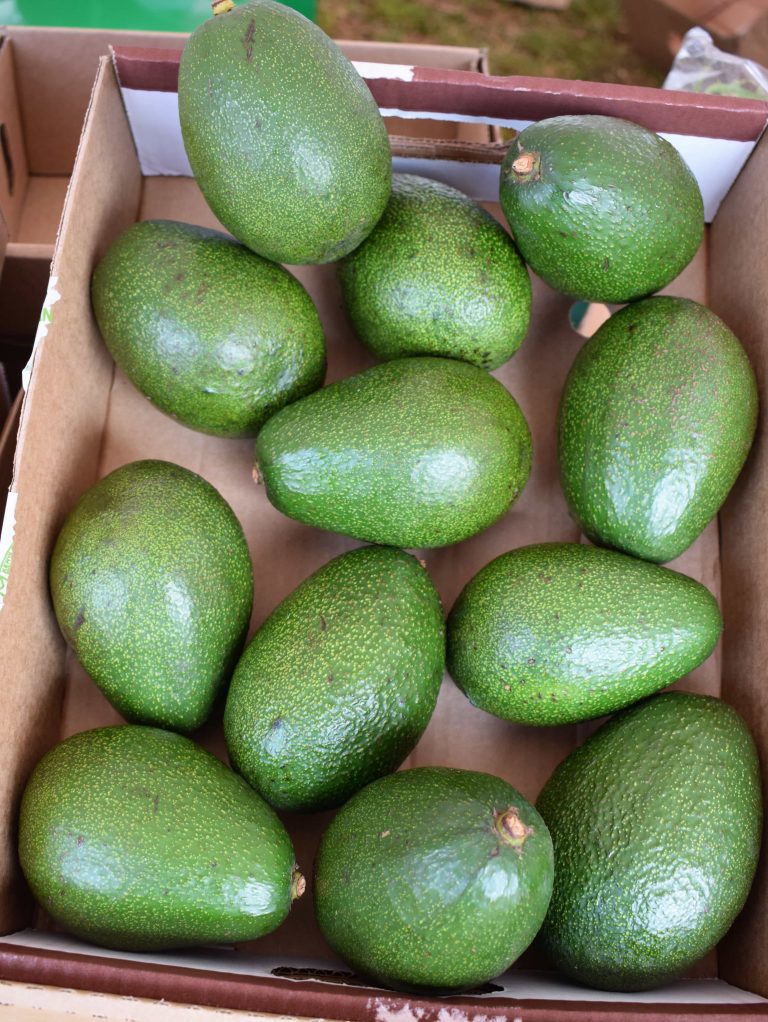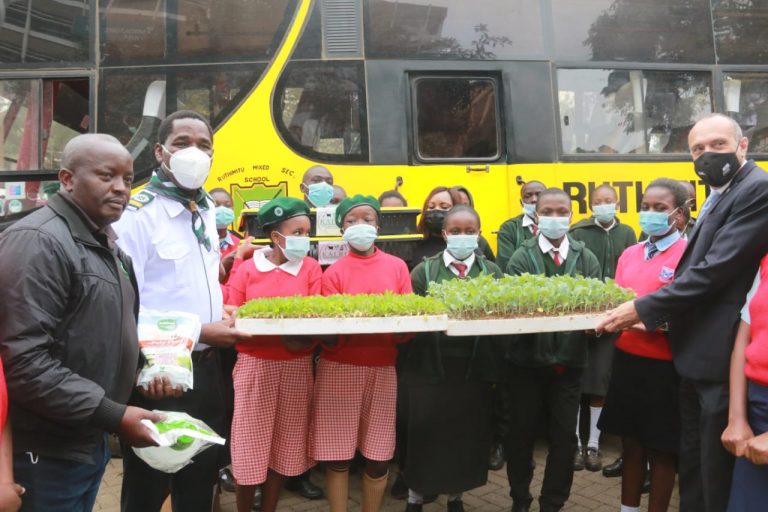Kenya is reviewing the Plant Protection Act, Cap 324, the guiding statute on plant health and phytosanitary issues enacted in 1937. Agriculture CS Peter Munya says this Act is old and has several limitations that include inadequate provisions on the prevention of introduction of plant pests; prevention of establishment, spread and management of pests; suppression of noxious and invasive weeds and plants; and export certification of plants, plant products and other regulated articles.
The CS was speaking in Nairobi during a workshop to discuss and validate the Draft Plant Protection Bill, 2021 and collect comments on the three draft Regulations that will operationalize the Bill once passed by Parliament.
“In line with my Ministry’s role of formulating, implementing and monitoring agriculture policy, legislations and regulations, we identified the Plant Protection Act for review in order to strengthen the law to effectively deal with current and emerging plant health challenges in the country. The drafting of this Bill and regulations has evaluated the current phytosanitary system and identified the issues that hinder the implementation of an efficient plant health system. Therefore, these regulations will not only protect Kenya’s resources but will also create an effective framework to facilitate fair and safe competitive international trade,” said Munya.
The CS added that once the draft Bill is enacted it will also enable Kenya to meet its international plant protection convention obligations. “I am proud to note that, in addition to addressing the legal and regulatory framework, Kenya has put in place various initiatives to ensure that plant health and phytosanitary systems are strengthened including; equipping the plant health laboratories to strengthen diagnostics; embracing integrated pest management and systems approach to pest management,” opined the CS.
According to the CS, over the last few years, Kenya has experienced increasing pest threats incursions occasioned by the increased movement of plants, plant material and articles across its borders that harbour pests in addition to the effects of climate change among others. There is real and present threat of new pests affecting the country’s basic food security and major agricultural export.
Kenya and Africa as a whole is faced with pest incursions such as the Maize Lethal Necrosis Disease (MLND), fall armyworm, False Codling Moth, desert locust, the Golden Apple snail, Papaya Mealybug, Tuta absoluta and Cuscuta which are a threat to food security as well as threatening its horticultural exports.
“In the past few years, these pests have caused great crop losses leading to various interventions by governments including diverting resources that could have been used for other development programmes. The protection of plant health against new or foreign pests and the setting up of an effective system to safeguard against the establishment and spread of pests and diseases is central to safeguarding Kenya’s agriculture and export of agricultural produce,” said Munya.


